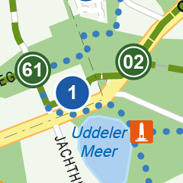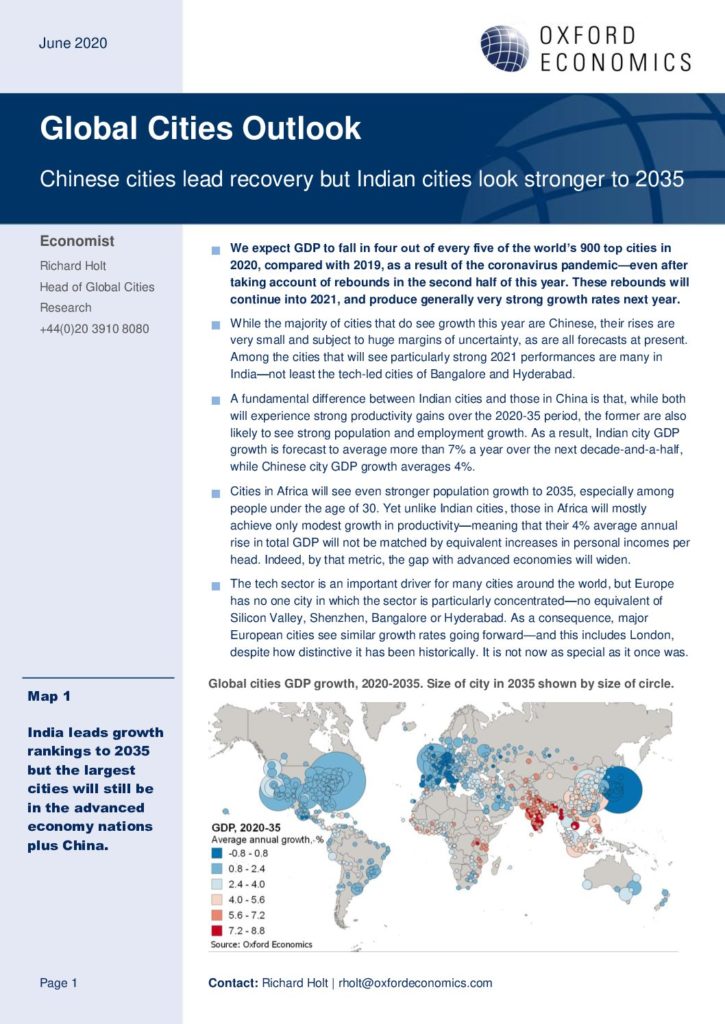

In the modern conception of the world/globalcity, characterised by size, the aggregation of housing, differentiated divisions of labour, and the density of interaction, several conceptions of cities exist which have become entangled and sometimes opposed to each other. How can do we study those cities when they become mega urban regions, does size matter and for what? Do we see the making of a vast urban world or by contrast beyond the apparent convergence of complex globalisation processes understood in relation to globalised capitalism, is it possible to identify masked differentiations and the strengthening of different urban worlds? How do we make sense of this urban world when cities are not independent units but have to be understood both in terms of territories, rootedness, and at the same time in terms of relations to take into account flux, mobility, circulations ? What is the relevance of social science concepts developed in the Western world to analyse the transformation of Lagos? To what extent may the systematic development of new forms of comparison between northern cities and cities from the South change social sciences and contribute to overcome the bias towards national comparison?įor the time being, given current conditions of capitalism, political, economic, cultural and social questions are increasingly becoming urban questions.

The class will review debates and present social science models of cities and metropolis to analyse and compare contemporary developments.

Beyond the modern metropolis, researchers try to make sense of these large urban areas using a variety of concepts such as the ‘postmetropolis’, ‘global cities’, and ‘global city-regions’. Urbanization is reaching a new high in the contemporary world with the rise of mega cities (beyond 15 million inhabitants) such as Calcutta, Los Angeles, Dhaka, Cairo, Tokyo, New York, Shanghai, Mexico or Seoul. Globalization, Europeanization processes support the rapid developments of cities in different part of the world. The class will review debates and present social science models of cities to analyse and compare contemporary developments. Researchers try to make sense of these large urban areas using a variety of concepts. Urbanization is reaching a new peak in the contemporary world with the rise of mega cities.


 0 kommentar(er)
0 kommentar(er)
